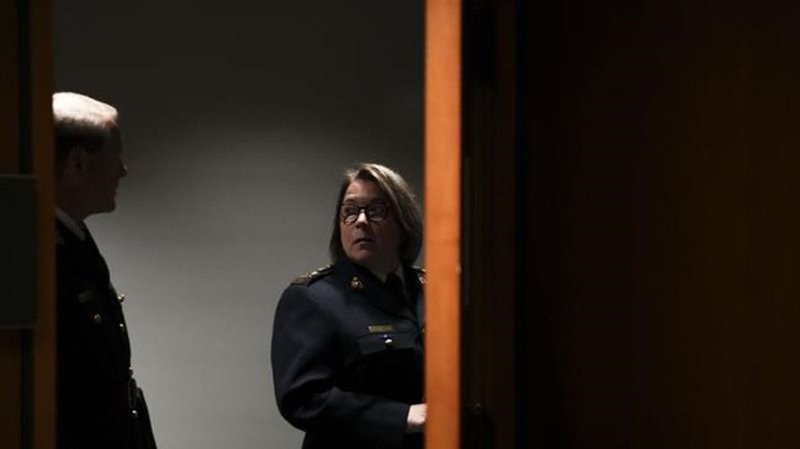
‘We need to be more transparent’: RCMP Commissioner Lucki says police must modernize
HALIFAX — Canada’s top Mountie has told a public inquiry into the 2020 Nova Scotia mass shooting that the RCMP must become a more transparent organization.
Commissioner Brenda Lucki is before the inquiry today to testify about how a gunman driving a replica police car carried out 22 murders over 13 hours on April 18-19, 2020.
The 131-page transcript of Lucki’s Aug. 4 interview with inquiry lawyers, released today, includes her discussing her regrets about an Aug. 28, 2020, meeting with regional staff, nine days after the murders.
Lucki scolded staff over their decision to withhold detailed information about the semi-automatic guns that the killer used.


